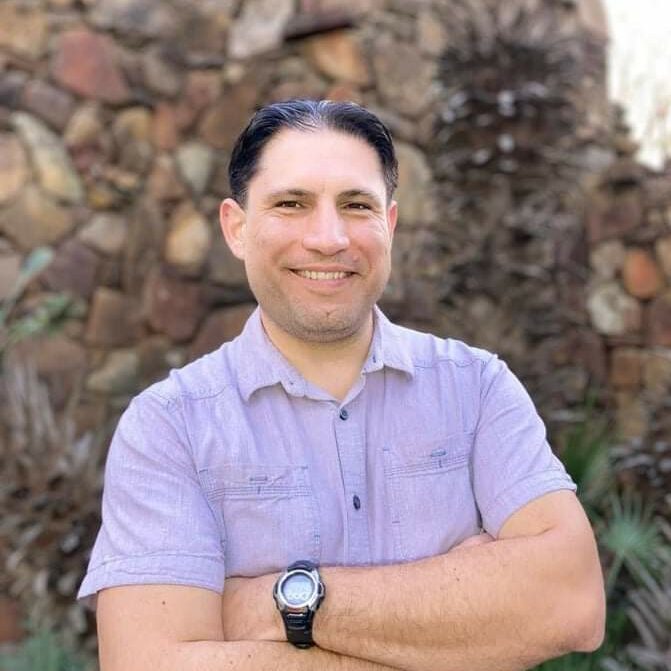If you have trauma related to your family, this can be extra triggering during the holidays if you have to see them. Maybe you were sexually, physically, or emotionally abused or neglected growing up. This can make it scary to go home and be reminded of these instances.
Family gatherings might reopen wounds that you’ve worked hard to heal, or maybe bring up memories that you’ve been sweeping under the rug for years. The pressure to partake in festive gatherings with family members who may have played a role in your trauma can elicit a range of emotions, from anxiety to fear to sadness.
Here are five tips to help trauma survivors during the holidays:
Disclaimer: This reading can be difficult to process if trauma work hasn’t been done.
1. Remember, you have a choice
When heading into family gatherings that could be triggering, Nakeya Gore, a licensed clinical social worker with Grow Therapy, says she urges people to use the “The Two S’s” approach – which means being selective and strategic about who you choose to spend time with, how much time you choose to spend with them, and in what way.
Being selective and strategic could mean not engaging with family gatherings at all during this time. “Adult trauma survivors, please know that you have choices when it comes to spending time with family members involved in your abuse,” Gore says. “There are times when being around those who abused or neglected you is not in your best interest.”
Adult trauma survivors, please know that you have choices when it comes to spending time with family members involved in your abuse.
- Nakeya Gore, LCSW
Even if you’re facing peer pressure from other family members to attend the holiday gathering, as an adult, you don’t have to attend family parties or events. “You are not obligated to participate in activities that are triggering for you,” says Catherine Del Toro, a licensed mental health counselor with Grow Therapy. “It’s OK to set boundaries and opt out of gatherings as needed. Your wellness is important, and it is OK to put yourself first.”
Sure, some people might get upset about it, but this is an instance where you need to prioritize your safety and mental health.
In other cases, being selective and strategic could look like this: You might decide you do want to attend a family party, but you’d rather find your own accommodations than stay in your family’s house. Or rather than staying for a whole week, you might choose just to do a day trip.
Being selective and strategic will help you enjoy family gatherings in small doses so you can still take part in the festivities while ensuring you don’t overdo it.
2. Set and maintain clear boundaries
“Boundaries determine the level of access another person has to our time, effort, and energy,” says Stacy Thiry, a licensed mental health counselor with Grow Therapy. Before you go to the family gathering, decide on your boundaries and hard limits. This could be anything from saying you won’t spend time alone with a specific family member to keeping certain topics of conversation off-limits.
“Removing access to us when our boundaries are violated is an appropriate response that can feel empowering,” says Thiry. If a family member or multiple family members aren’t respecting your boundaries, you have every right to remove yourself from the situation.
3. Stay connected to your body
Trauma often manifests physically. If you’re triggered, you might feel it somewhere in your body, not just emotionally. For example, maybe you feel a knot in your stomach, tightness in your throat, or shortness of breath. “Listen to your nervous system and be sure you honor what your body is telling you,” says Thiry. “This may look like doing check-ins with yourself where you give yourself permission to leave depending on how you feel in the environment.” Checking in with your body is a good way to assess how you’re really feeling and coping with being exposed to your triggers.
4. Use mindfulness grounding techniques
Trauma can make you feel unsafe, leading to overwhelming emotions or flashbacks that make it feel like the traumatic event is occurring again right now, which can be super overwhelming. One way to combat this is to use mindfulness grounding techniques.
Thiry recommends a common, simple grounding technique known as 5-4-3-2-1. She says this involves naming:
- Five things you can see
- Four things you can hear
- Three things you can touch
- Two things you can smell
- One thing you can taste
This grounding technique serves as a powerful reminder that you are in the here and now – not in the past when the trauma occurred.
Alternatively, if that’s too much for you to remember, you can simply step away and do some slow, mindful breathing: deep breaths in through your nose and out through your mouth.
Either way, integrating mindfulness will empower you to navigate the holiday gathering with greater resilience.
5. Speak to a professional
If you’ve never spoken to a mental health professional about your trauma, this could be a good opportunity to do so. You might realize during the holidays just how much your trauma still affects you and that it’s time to look into healing. Trauma is stored in the body and must be processed in order to feel better, says Thiry. There are various different types of therapy that can help with trauma. Start by looking for a therapist who specializes in trauma to make sure you receive trauma-informed care. Groow Therapy can connect you to one, either online or in-person, who accepts your insurance.

